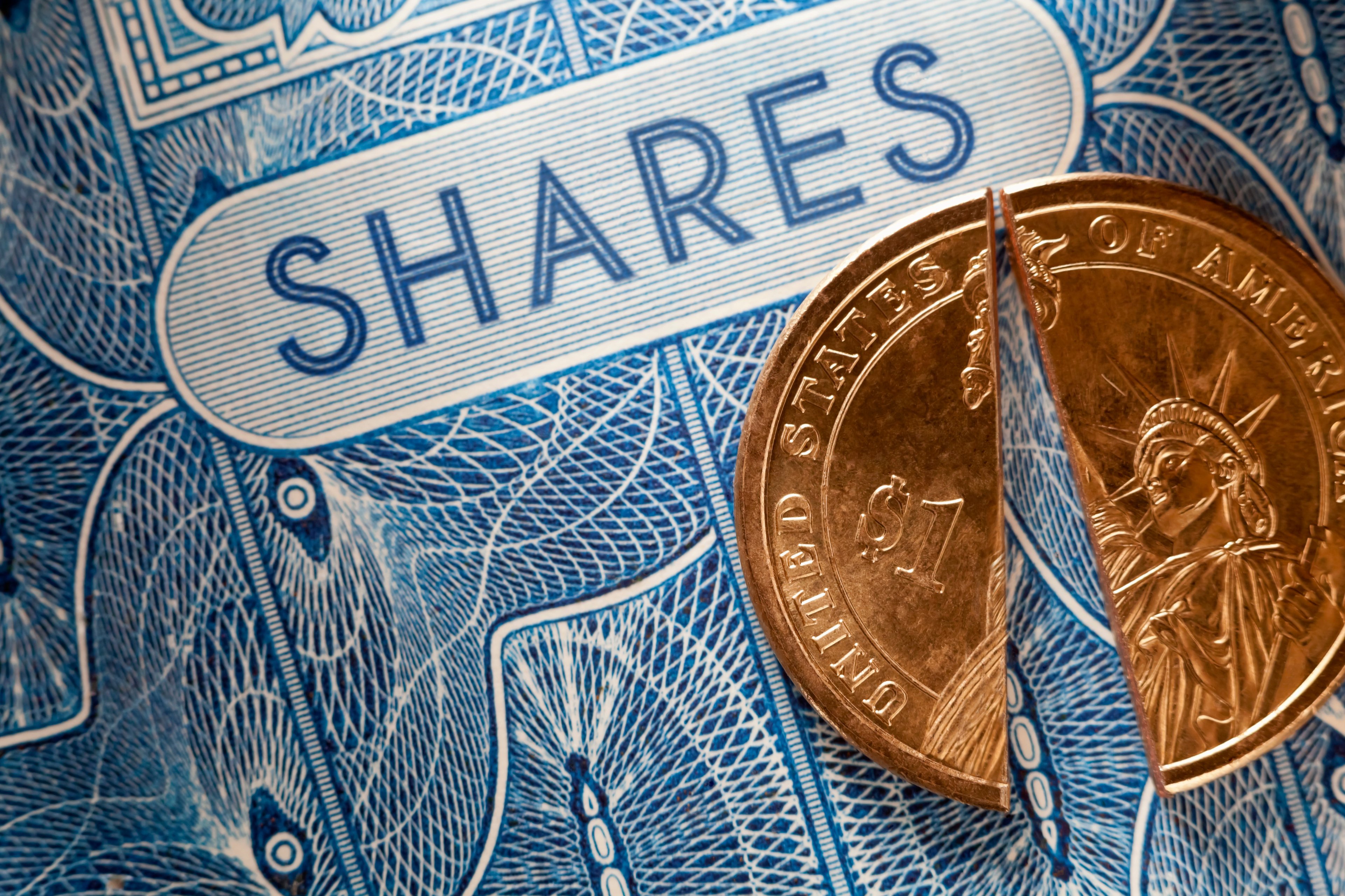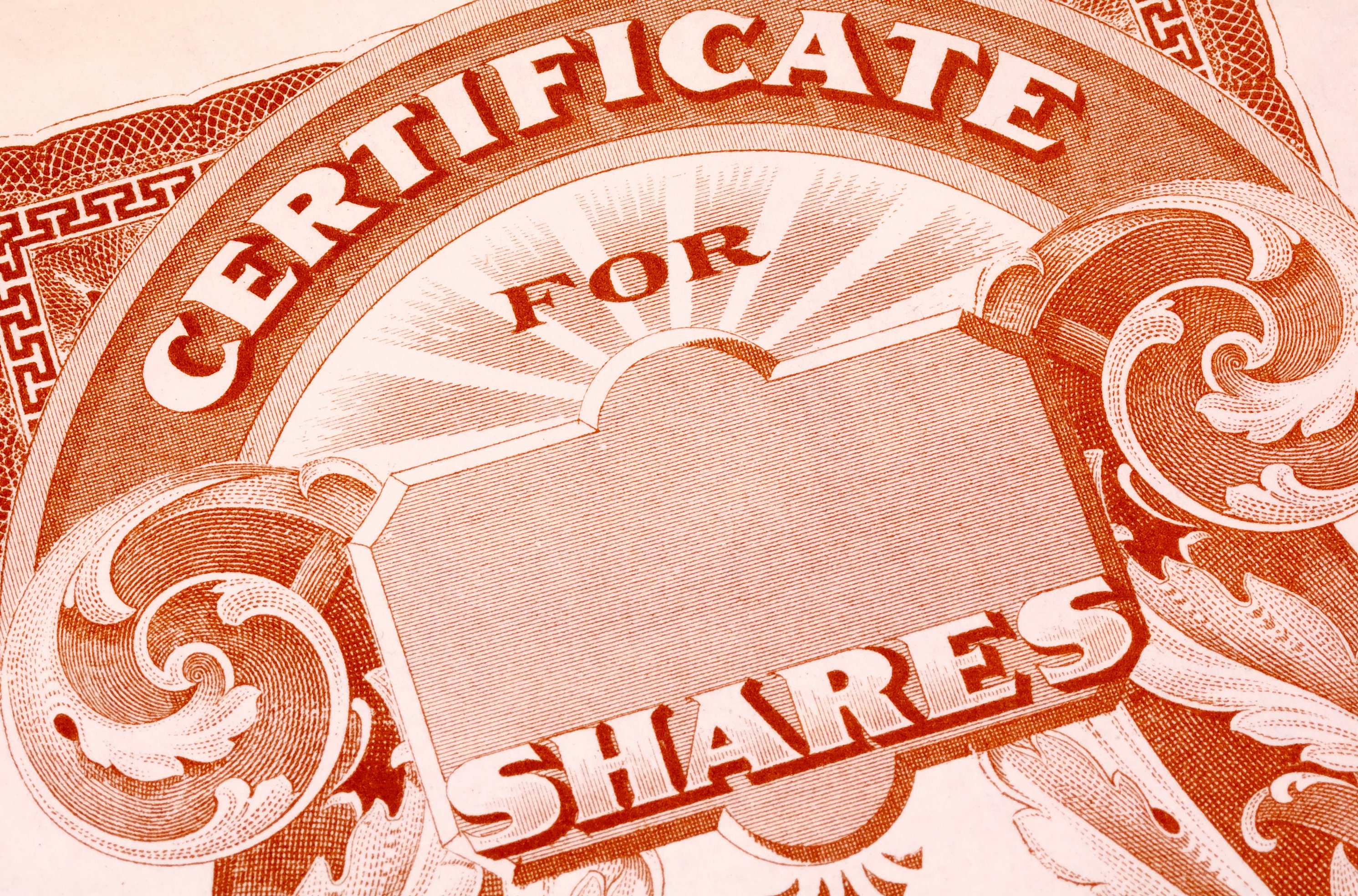GameStop's (GME +0.70%) stock has undertaken an incredible rise over the past year, shooting up more than 83%. While investors have profited, however, this company has faced threats to its present and future. The video gaming industry has turned down as current-generation consoles show their age, and while next-generation consoles in Microsoft's (MSFT +0.24%) Xbox One and Sony's (SNE 0.23%) PlayStation 4 are set to be released later this year, even bigger challenges for this stock have arisen.
Microsoft's console won't block used game sales as earlier rumors had predicted, but the company has promoted a digital future for its games that could circumvent GameStop's reliance on the used games markets. All eyes turned to Sony on Monday at this year's Electronic Entertainment Expo, or E3, where the company was set to release new details about the PS4. Did Microsoft's rival take a similar action and pound another nail into GameStop stock's future?
Sony rides to the rescue
Sony released a number of details about its PS4 on Monday, but a few points hit home for GameStop investors. The company statedthat the device will support used games, much as Microsoft did, but Sony made an important distinction from its rival. The company announced full support for trading, lending, or reselling games, without releasing any sort of restrictions. Furthermore, Sony said that the PS4 won't have any sort of online verification system like Microsoft's Xbox One, which requires games to be connected to the Internet once every 24-hour period in order to continue working.
Why are these details such a big deal? Although Microsoft announced a murky support for used games, the company released stipulations: Customers can only lend each individual game out once and can only do so to others who have been on their online "friends" list for at least 30 days. Additionally, game publishers can choose to add in fees or other terms in regards to loaning out their games. All of that hurts GameStop's future with Microsoft's Xbox One.
Sony's announcement came as a breath of fresh air for GameStop. While the company could certainly release restrictions at a later date while not in the spotlight of E3, as for now, Sony's used games model is little more than a rehash of the current video game economy. That's appealing to change-averse customers looking to upgrade to the next generation with a minimum of adaptation, and maintains the environment that provides the foundation of GameStop's business.
Nintendo (NTDOY +0.00%) has struggled mightily with its newest console, the Wii U, but its latest product also supports used games. That gives GameStop a route to continue its current business with two of the three major consoles of this next generation. However, investors shouldn't count on Nintendo being a huge player in the future once Microsoft and Sony launch their new systems. The Wii U sold just 75,000 consoles in April, a double-digit fall from March. Worse, the console, released just last year, sold less than half the number of Xbox 360s or PlayStation 3s sold during the month -- and each of those consoles are at least six years old.
Unless Nintendo releases something mind-blowing soon, the battle for next-generation dominance will be between Sony and Microsoft.
Microsoft's policies will certainly crimp GameStop's sales of Xbox One games, but Sony chalked another point in the retailer's favor on Monday. Microsoft and Sony are locked in a tight battle for next-gen sales, and Sony's announcement that it will price the PS4 at $399 -- a full $100 below the Xbox One's price -- will win over a fair share of consumers. Any lead the PS4 gains over the Xbox One will indirectly help GameStop's own sales.
GameStop's not safe yet
Does that make GameStop a safe stock? Hardly. The company will still face major pressure from Microsoft's attempt to pivot away from used games. GameStop's sales will see a boost from new console sales late in the year, but that excitement will die down as the market becomes more familiar with the PS4 and the Xbox One over the long-term.
Additionally, the company's been unable to turn to mobile and digital sales as a pillar of its financial foundation. While such sales grew more than 21% last year, they still sharply trail game software and hardware sales as a portion of the company's total revenue. Even if GameStop manages to continue driving its mobile and digital business higher, it's hard to see that overcoming potential losses from Microsoft's push against used games.
That's all assuming Sony doesn't release any restrictions on used games between now and the release of its PS4. If it does, this stock's in even deeper trouble.
For now, Sony's E3 announcement breathed a little life back into this stock, but GameStop's future isn't secure just yet. The stock's recent run-up doesn't look sustainable with a cloudy future before it, and the company will have to count on Sony sticking to its commitment to used games. If you're looking to invest in the video game market, GameStop is anything but a risk-free pick.









